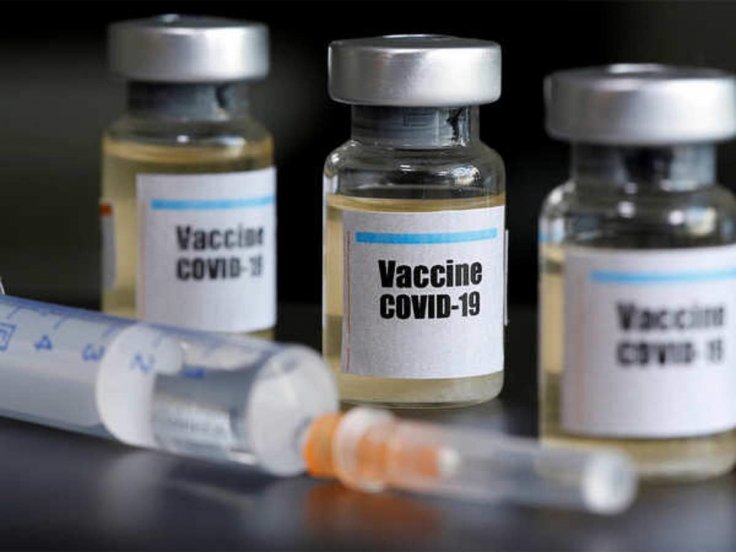The Coronavirus pandemic has affected the entire world including African countries, such as Nigeria, where the first infection case was reported on February 27, through an Italian immigrant. His samples were sent to the African Centre of Excellence for Genomics of Infectious Diseases for genome sequencing, which helps understand the virus, its epidemiology, and evolution.
Even though globally there is only one strain of novel Coronavirus—same as the strain circulating in Nigeria—more than 1,000 lineages of this novel virus are in circulation around the world. The classification of lineage is based on mutations that connect the ancestral type to the genetics of the descendants that don't change the virus's physiology.
If a mutation affects the part of a virus that the immune system uses to neutralize, it becomes a strain, which can infect individuals previously infected or vaccinated. This happens with the flu virus, because of which a new vaccine is required for seasonal flu every year.
As per the experts, so far researchers have identified seven of these over 1,000 lineages in Nigeria and each of them represents genome sequences from different countries.

Understanding Lineages
The first lineage shows the viral sequences from China, as well as global exports including South East Asia, South Korea, Japan, Australia, Europe, and the U.S. The second one represents a viral sequence from the outbreak in Italy, while the third represents a new European lineage and the fourth one shows the sequence from Iceland, Turkey, and the U.K.
There is a fifth lineage that represents sequence from Saudi Arabia, Netherlands, Turkey, Egypt, Finland, and England. The sixth one represents viral sequence from the Netherlands and the seventh lineage shows sequences from Turkey, Egypt, Finland, Saudi Arabia, and England.
The Virus Strains in Nigeria
As of now the lineages found in Nigeria are not different from those identified in other countries and there are no reports of unique strains in the African country. But monitoring and tracking down the lineages are very important as they can help to determine how a virus spread through population and communities.
If a new strain is found, scientists will have important information to contain the spread. This is important for Africa because if a new strain of SARS-CoV-2 turns out to be more virulent, or infectious and transmissible, it would put great pressure on the weak health system, causing more deaths.

As per recent reports, new novel Coronavirus strains have appeared through mutations that have the ability to increase the severity of the COVID-19 pandemic. As per a study, researchers analyzed a set of mutations in the spike protein of the virus and found that a specific mutation had increased in frequency as the SARS-CoV-2 spread from China into North America, Europe, and Australia. The authors of the study concluded that this increase in frequency arose due to the mutation turned the virus to be more transmissible.
In Nigeria, scientists have been tracking these developments and found a trend in the increase in spike protein mutation numbers in the African country.
Should We Worry?
As per the researchers, if a mutation happens in the region of the virus which was used to develop the vaccine, then the immunization will not be effective. This is precisely what happens in the case of flu vaccine, as the virus continues to mutate and create a new strain, requiring a new vaccine.
As scientists are trying to understand the novel Coronavirus, which killed almost 900,000 people, it is not known yet whether the virus will mutate into a new strain down the line. But if it happens, it could require the development of a new vaccine.
There is no way to prevent a virus from the next mutation, which happens as a pathogen adopts a strategy for survival. The mutation occurs when a virus makes an error when its DNA or RNA is being replicated, or due to selective pressure.
Currently, scientists are busy to find how many medically relevant strains of novel Coronavirus have been circulated and the related consequences for vaccine development as well as for COVID-19 treatment.








